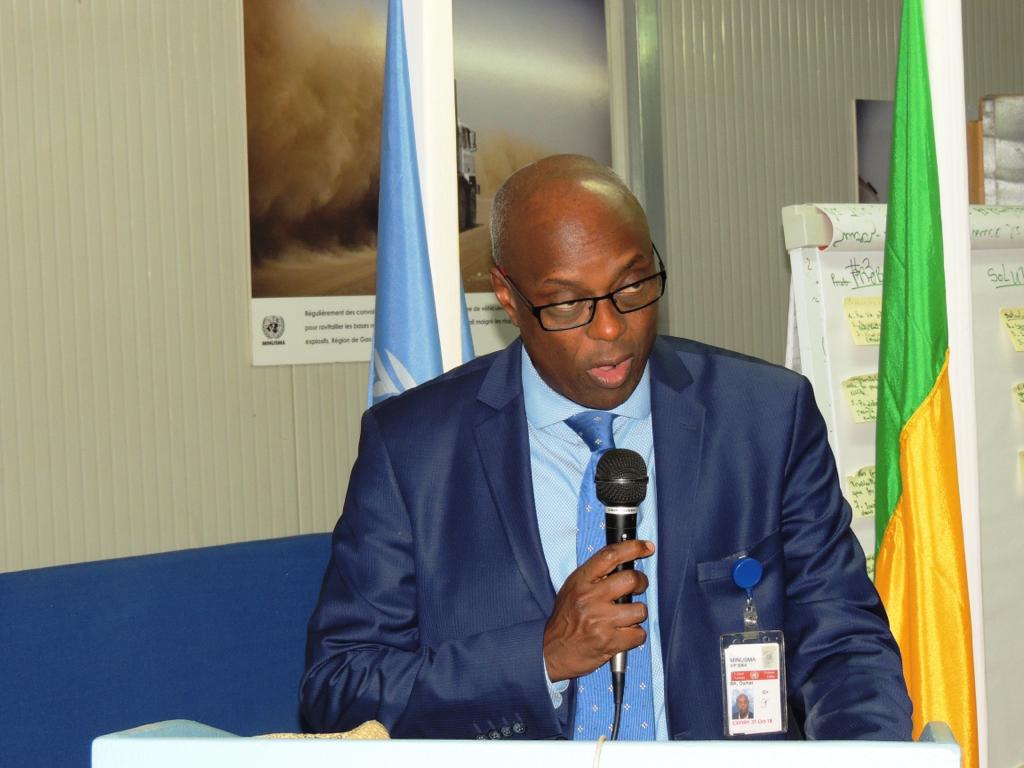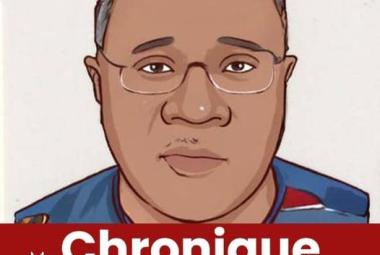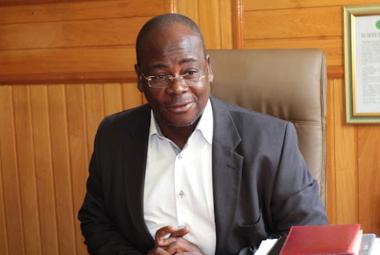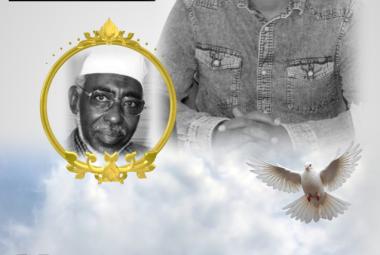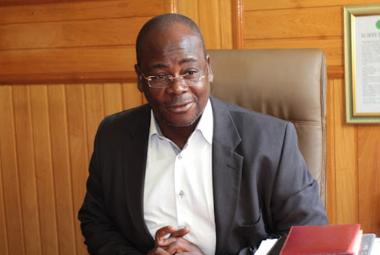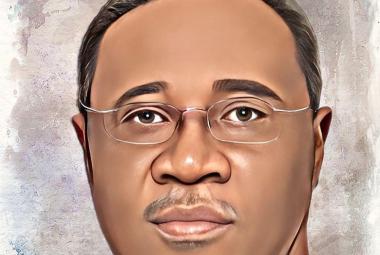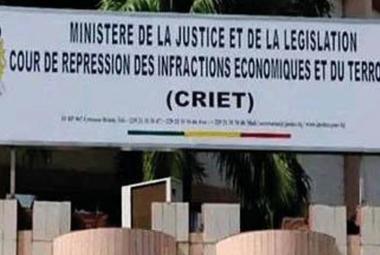For some years now, French-speaking black Africa, and more specifically the Sahel region, has been the scene of turbulence and instability where prevailing social, economic and political systems and their leadership at both national and regional levels are being challenged by the people. Defiance of existing constitutional orders has been expressed either through coup d’états or attempts coups in Mali, Niger, Guinea and Burkina Faso, among others.
In addition to this political instability, there has been the emergence of terrorist activities and violent extremism which, over the last ten years, have continued to develop and expand beyond the borders of the Sahel and threaten the countries of the Gulf of Guinea, specifically Senegal, Côte d'Ivoire, Togo, Benin and Ghana.
Cause or consequence of the social and economic impoverishment of the peoples of the sub-region, this situation of instability and multiform insecurity fundamentally challenges the established systems of governance, seeks to define new relationships of power between the peoples and their leaders and, above all, generates a feeling of frustration, exasperation and anger that cannot be dissociated from the military coups, which are increasingly becoming popular and well received.
The challenges are no longer limited to mismanagement at the national level, but tend to seriously include what the people consider to be the notorious and harmful interference of the former colonial powers, particularly France, in the affairs of their countries, an endorsement of corrupt governance systems that protects their colonial interests and supports double standards political posture and promotes variablegeometry democracy in the region.
Beyond any attempt to simplify the complex security stakes of the region and the relations between peoples, understanding the need for balance and regional stability in the preservation of peace and precious international security, the movements of African civil society and a large part of progressive intellectuals are question, sometimes with anger, the status quo. While France firmly condemns the military coups in Mali, Guinea and Burkina Faso, it endorses the “third terms” and the undermining of the constitutional order in Chad, a situation which for many is nothing more than a monarchical devolution of power, supported by the guarantee/silence, if not the blessing of the international community, notably the United Nations (UN), the African Union (AU) and the International Organisation of the Francophonie (OIF). Some of them seem to have not hesitated to violate their internal rules and to ignore all the established practices in such circumstances.
Widely expressed by the populations, the belief in the international community and subregional organisations’ complicity in the crisis that undermines their well-being, is therefore real and painful. Institutions such as the Economic Community of West African States (ECOWAS) and the West African Economic and Monetary Union (WAEMU), and even the African Union, to a lesser extent, are also suspected of making a pact with the devil, accused of not protecting the interest of the people and of allowing social and political vulnerabilities to deepen’ As a result, ECOWAS sanctions against Mali have been widely perceived as discriminatory, designed to serve the interests of a foreign power that lacks coherence, consistency and credibility in its relations with Africa.
In this heavy climate, where the Russo-Ukrainian conflict challenges the existing world economic, political and geostrategic order, it seems imperative to ask real questions, to challenge ourselves with lucidity and explore how and why social relations have deteriorated to such an extent to become not only a profound quest to break away, but more importantly a political issue of sovereignty. Certainly, French-speaking Africa must reconcile with itself and emancipate from unbalanced partnerships.
- In general, it appears crucial to redefine the basis and content of ruling institutions’ accountability to the people and to ensure that the deconstruction of what is today perceived as a double standard, an approach of exclusion and discrimination against the people, can give way to a political, economic and social renaissance of this region.
- It is also necessary, at the level of the states, not only to rebuild, with the peoples, the contours of a new political and social contract that is desired, but also to ensure that the process is supported by the right holders.
- Finally, it is imperative to break with the practices of the past, including relations of vassalage, hegemony and real or perceived discrimination, while offering new methods, mechanisms and management tools that are fit for purpose in preserving the fabric of the community, African societal values and the need to build relationships with respect, dignity and independence.
"Héritage Kurukan Fuga” calls for this fundamental endeavour of awakening consciences, renewing governance, partnership and accountability for the benefit of the people.
Oumar BA, Former United Nations official, on behalf of "Héritage Kurukan Fuga” [A Forum of African Leaders].



